Every since I uploads that gang of photos of me in my twists from my favorite salon, Kedus, I began receiving numerous ads from a synthetic hair company claiming to be a safer hypoallergenic alternative to the braiding hair I’d already been purchasing. I was inundated daily and intrigued at first and what I found out is nothing short of “sus”.
In the age of curated feeds and viral reels, a sleek Instagram ad can convince thousands that a brand is for us—even when it’s not by us. Nowhere is this deception more rampant than in the growing world of synthetic hair and braiding products marketed as “Black-owned.” But behind the Black models and culturally coded language, many of these businesses reveal… nothing.
No founder.
No story.
No face.
No trace.
And we, the people, are left to wonder: Who’s really behind the brands claiming to be ours?
Gyal Braids Example
Take Gyal Braids, one of the most talked-about hair brands online. Their marketing shouts “Black-owned” in bold letters. Their packaging features dark-skinned models with radiant braids. But beyond the graphics?
Silence.
There’s no named founder. No community presence. No receipts tying them to the very people they claim to represent. Consumers—many of them Black women—have begun to ask the right questions on platforms like Reddit and TikTok. And what they’re discovering is uncomfortable: Gyal Braids might not be Black-owned at all. If it is, the owner remains invisible.
And that invisibility is the issue.
Why It Matters
The label Black-owned isn’t just a marketing tagline—it’s a legacy. It carries the weight of resilience, the ingenuity of our ancestors, and the power of collective economic liberation. When faceless entities hijack that label for profit, they do more than deceive—they extract.
“Trauma does not cause flaws in the person. It is a mirror of what systems have broken. Healing is not optional—it is resistance.”
—Yolanda Rebecca Whitted
⚠️ How to Spot the Red Flags
Here’s what to watch out for when evaluating whether a brand is truly Black-owned:
No Named Founder If a company loudly claims “Black-owned” but doesn’t name or show the owner—be wary.
No Public Story or Mission Real Black-owned brands often emerge from lived experience (like scalp irritation, hair loss, or cultural needs). No story? No roots.
No Verified Social Proof Search for interviews, community partnerships, or independent coverage. If there’s nothing—ask why.
Heavily Stocked Ads, No Community Presence If the brand floods Facebook and TikTok but isn’t mentioned organically by real users or Black beauty communities, it might be a manufactured brand.
Marketing That Leans on Aesthetic Over Accountability Gorgeous packaging can’t substitute for integrity. Glossy ads don’t equal authenticity.
Real Black-Owned Hair Brands to Support
Let’s uplift the businesses doing it right:
Dosso Beauty – Founded by Kadidja Dosso, clinically tested hypoallergenic hair.
Rebundle – Led by Ciara Imani May, offering plant-based, biodegradable fiber.
Slayyy Hair – Created by Diann Valentine, with luxury non-toxic synthetic bundles.
Nourie – A plant-based fiber company co-founded by Osahon Ojeaga and Mary Moore.
These founders show up, tell their stories, and stand behind the products they create.
What We Can Do
Ask questions. Loudly. Post comments, email brands, and share concerns. Let them know we see through the performative.
Support verified Black entrepreneurs. Not just because they’re Black—but because they’re brilliant, ethical, and building from the inside.
Teach media literacy. In our schools. In our households. Through our gardens, our doula programs, our STEAM labs.
My Final Thoughts
I enjoy both the convenience and culture of getting my hair braided at Kedus Hair Salon in Silver Spring on the DC/Maryland line of demarcation. They’ve cared for both me and my hair for the past five years — braiding is ritual for me so when I learned the damaging chemicals in and on the synthetic braiding hair I was using, I was both worried and appalled and started researching natural alternatives invented and sold by people who look like me. At the same time, I noticed “Black-owned” brand advertisements on Facebook and other social media platforms, but when I looked them up they were in a word “sus” for reasons I outlined in this article. As I expanded my research and investigation into various synthetic braiding products, I learned many of these companies are scams or at least scammy (somethin’ ain’t nunnugh us got time for).
I built Burgeoning Scholars and JUNi™ VillageConnect to empower young minds to question, create, and lead with integrity. That includes knowing who is behind what we consume. When we blindly trust branding, we lose not just dollars—we lose opportunities to invest in one another.
Our dollars are sacred. Let’s spend them where they grow roots, not just reach.

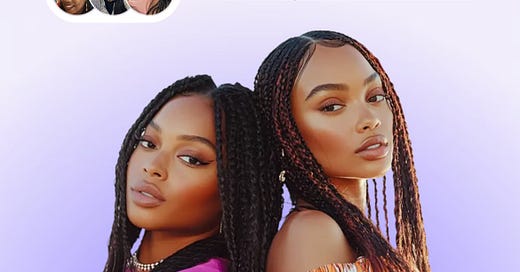






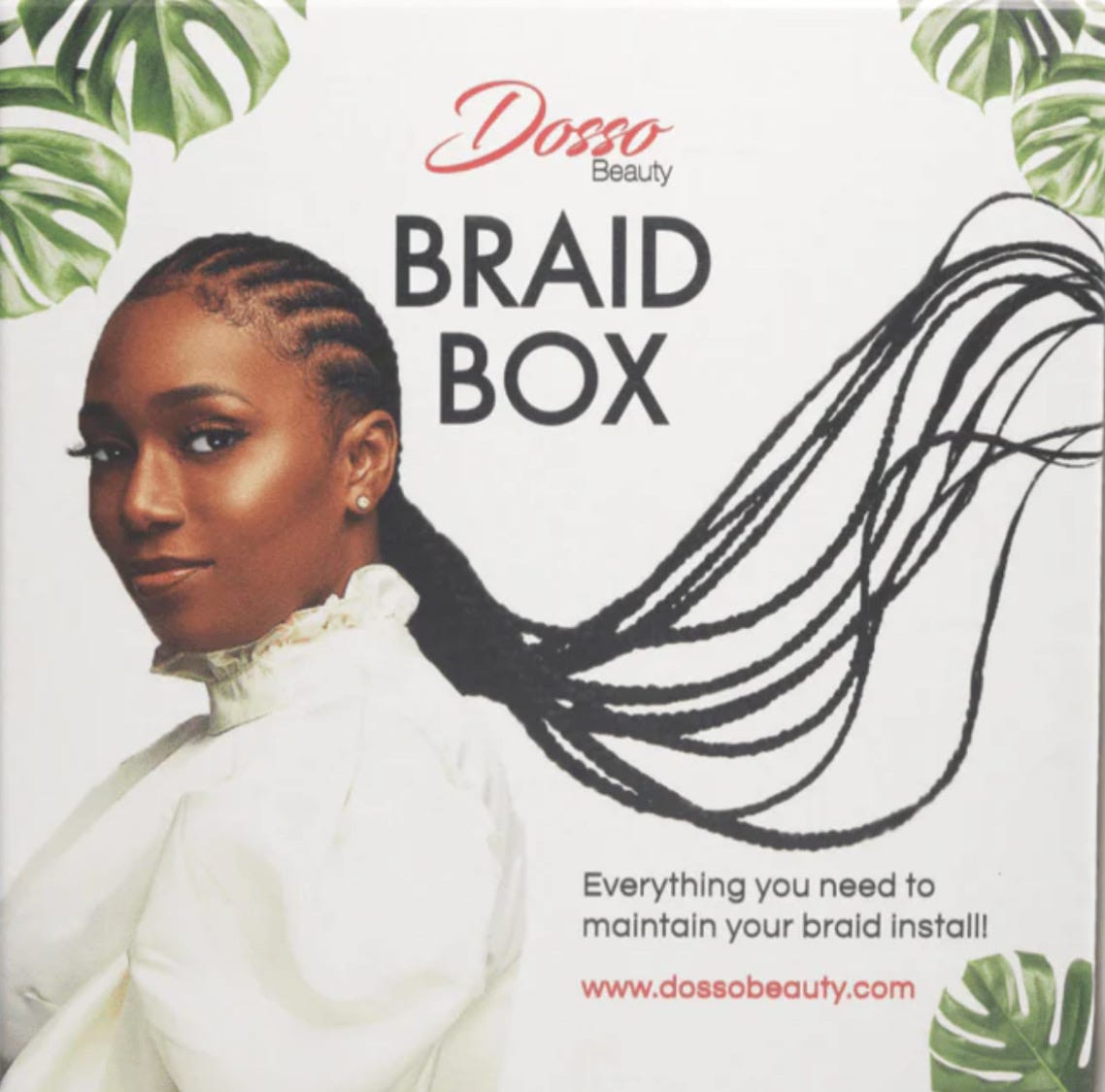
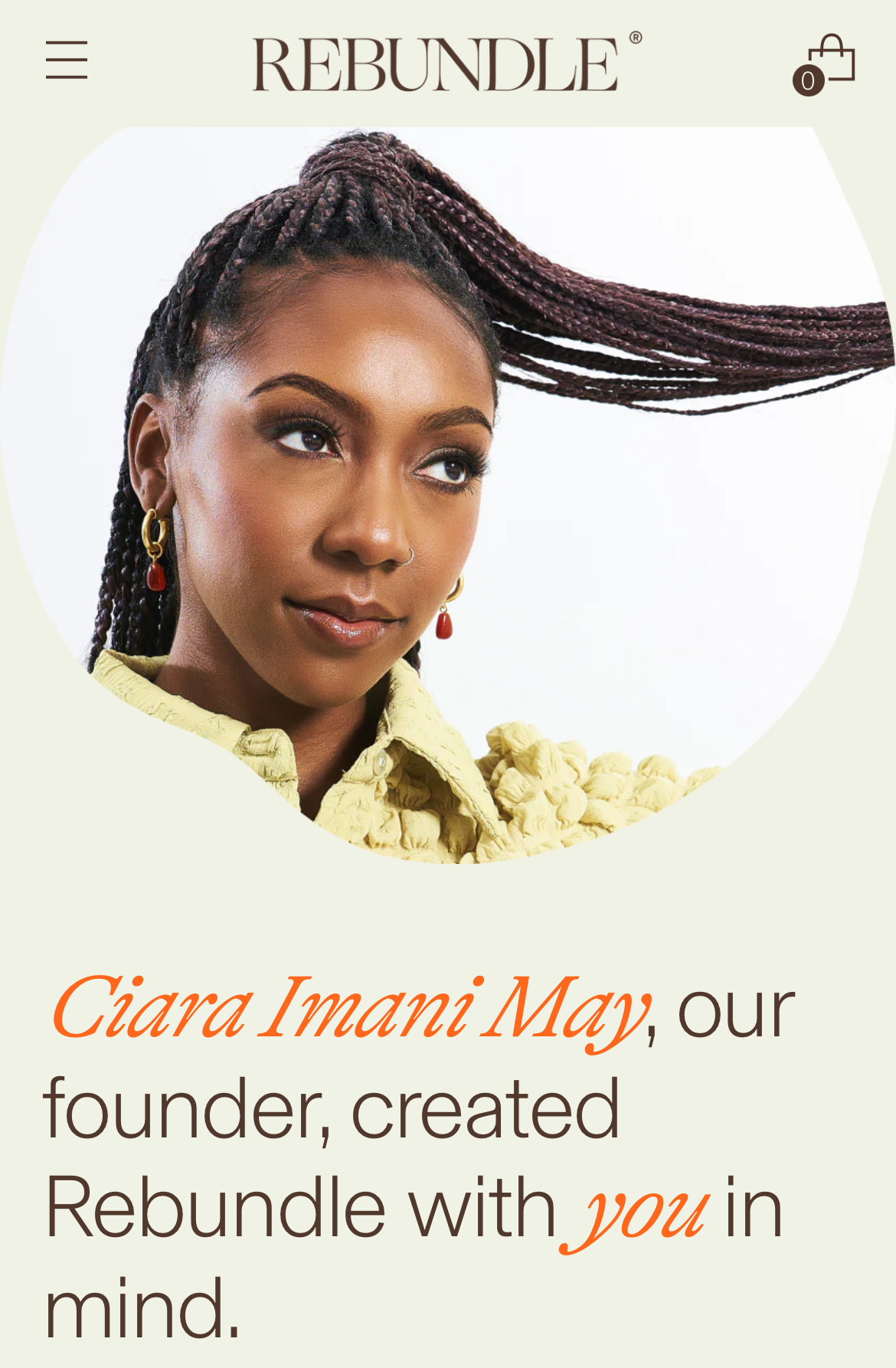
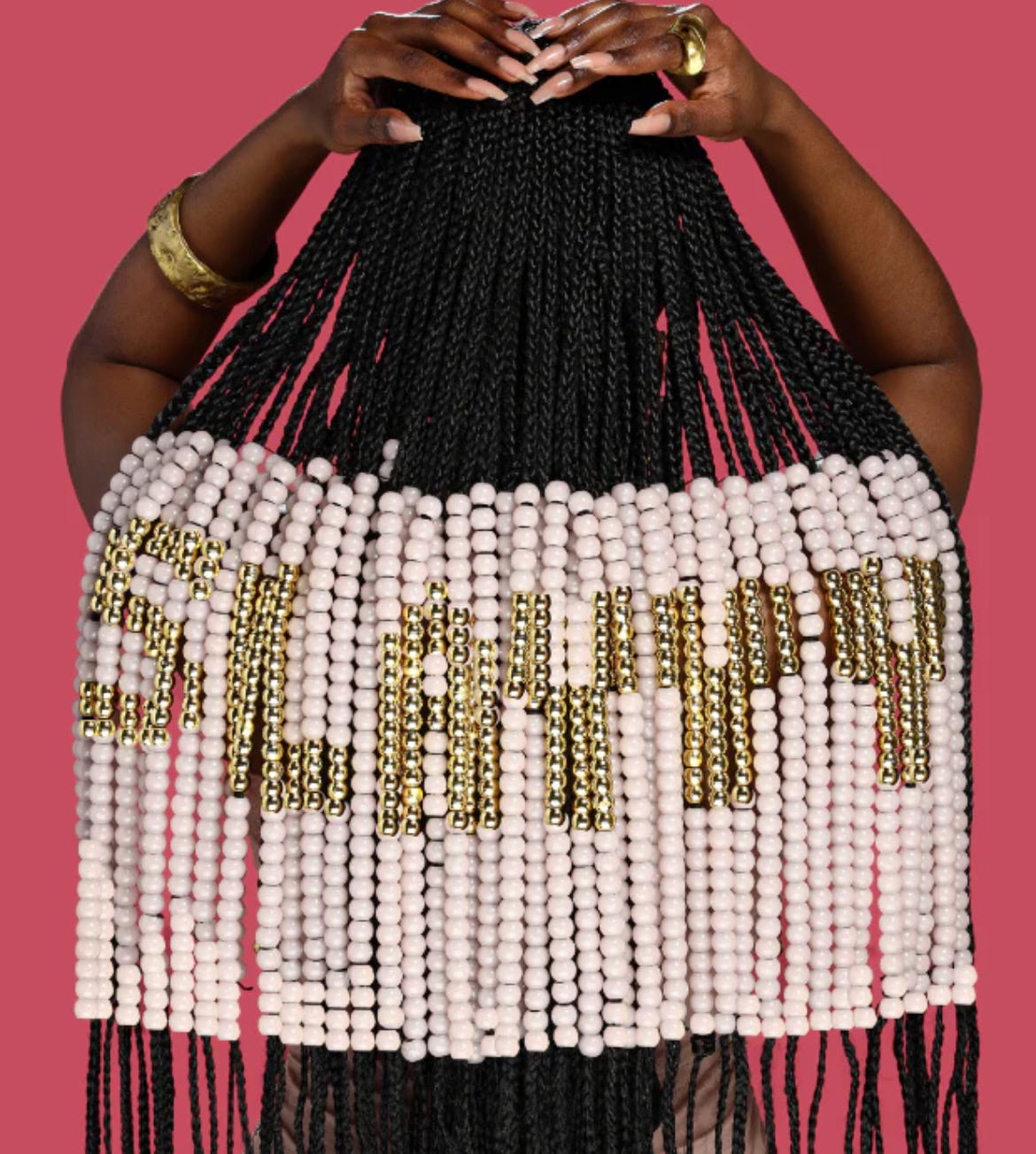

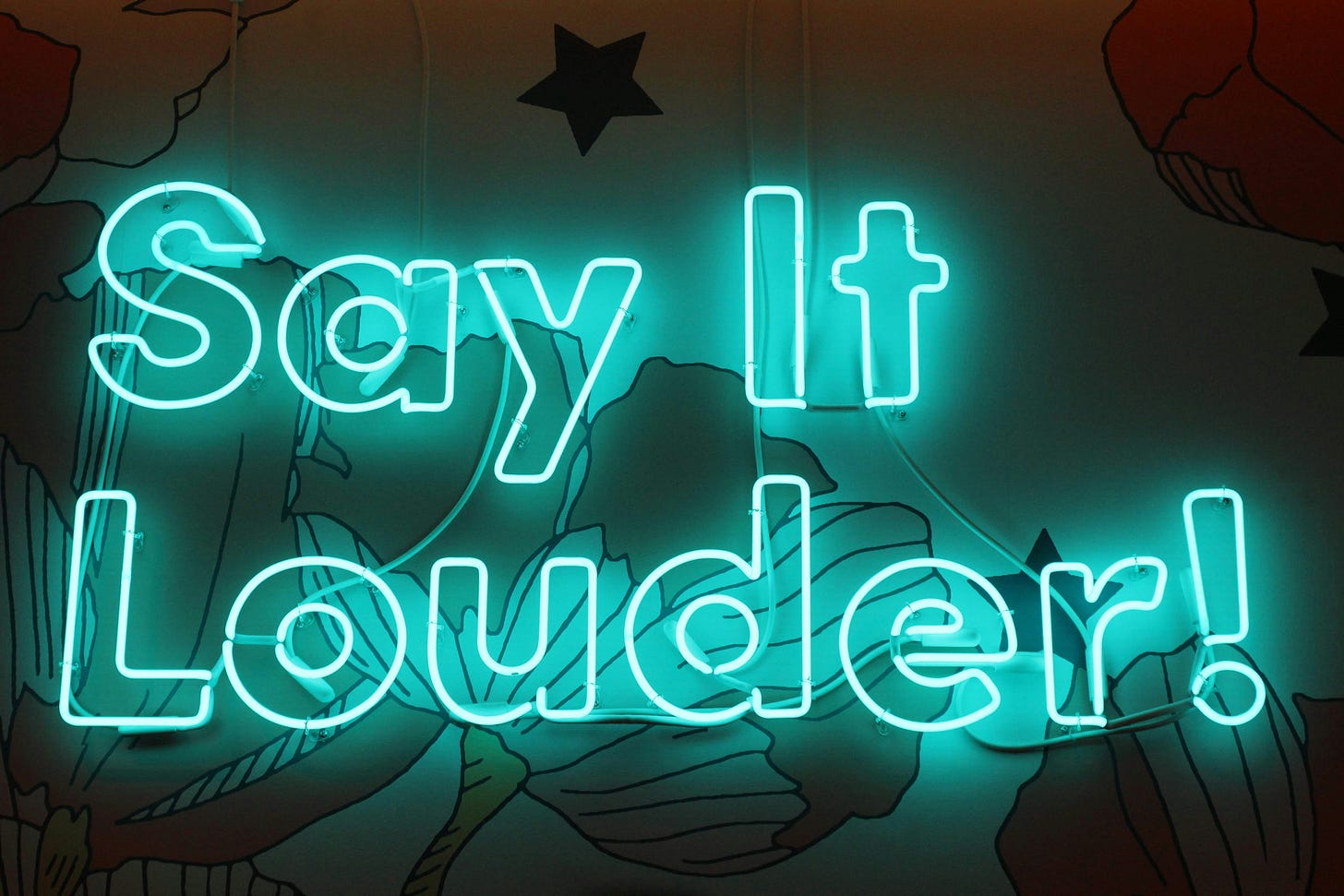
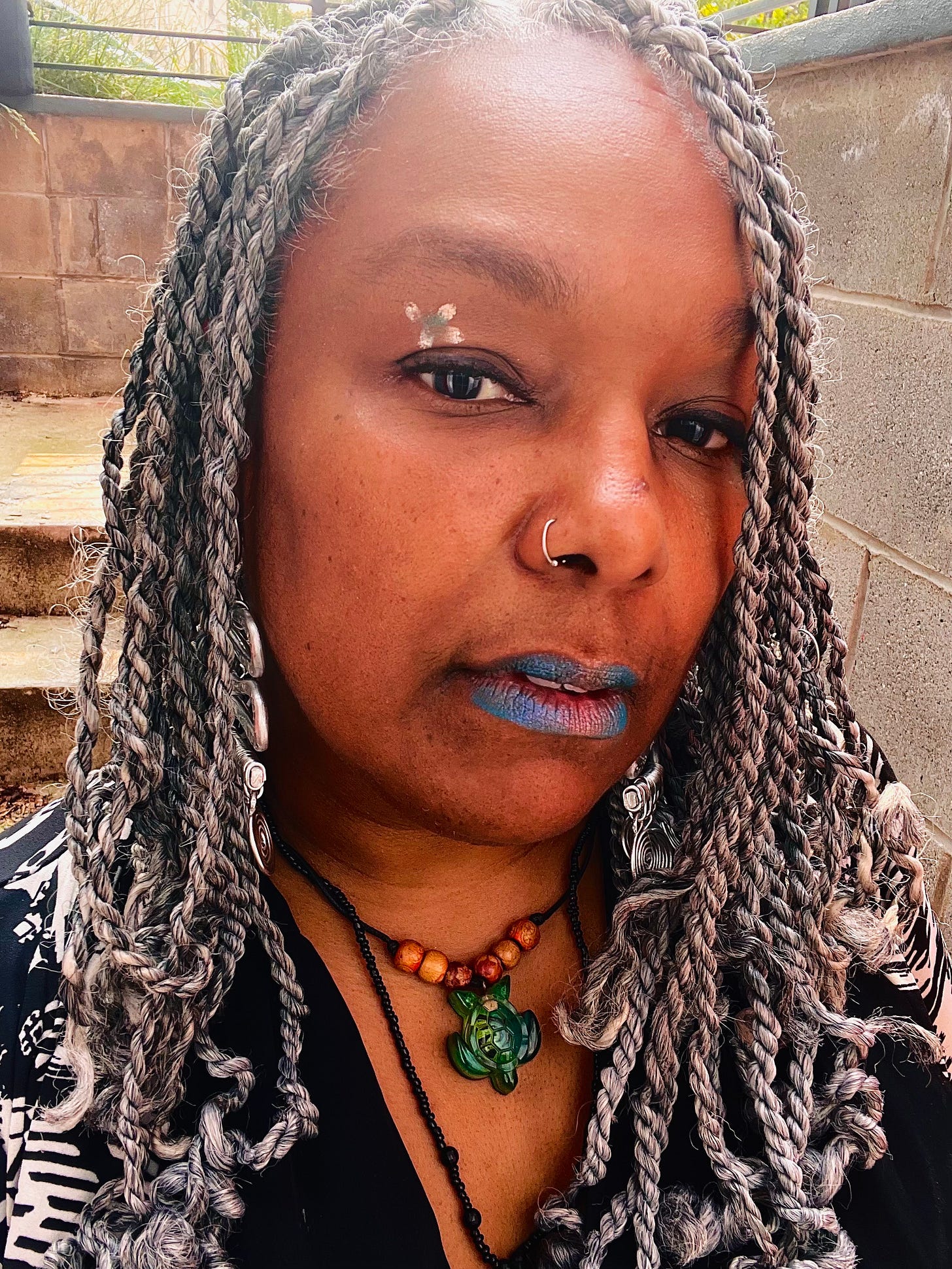
Hey! Your post caught my eye on my homepage and I just wanted to send some support your way. Whenever you have a moment I’d be grateful if you could check out my latest newsletter. I’m always happy to support and lift each other up!